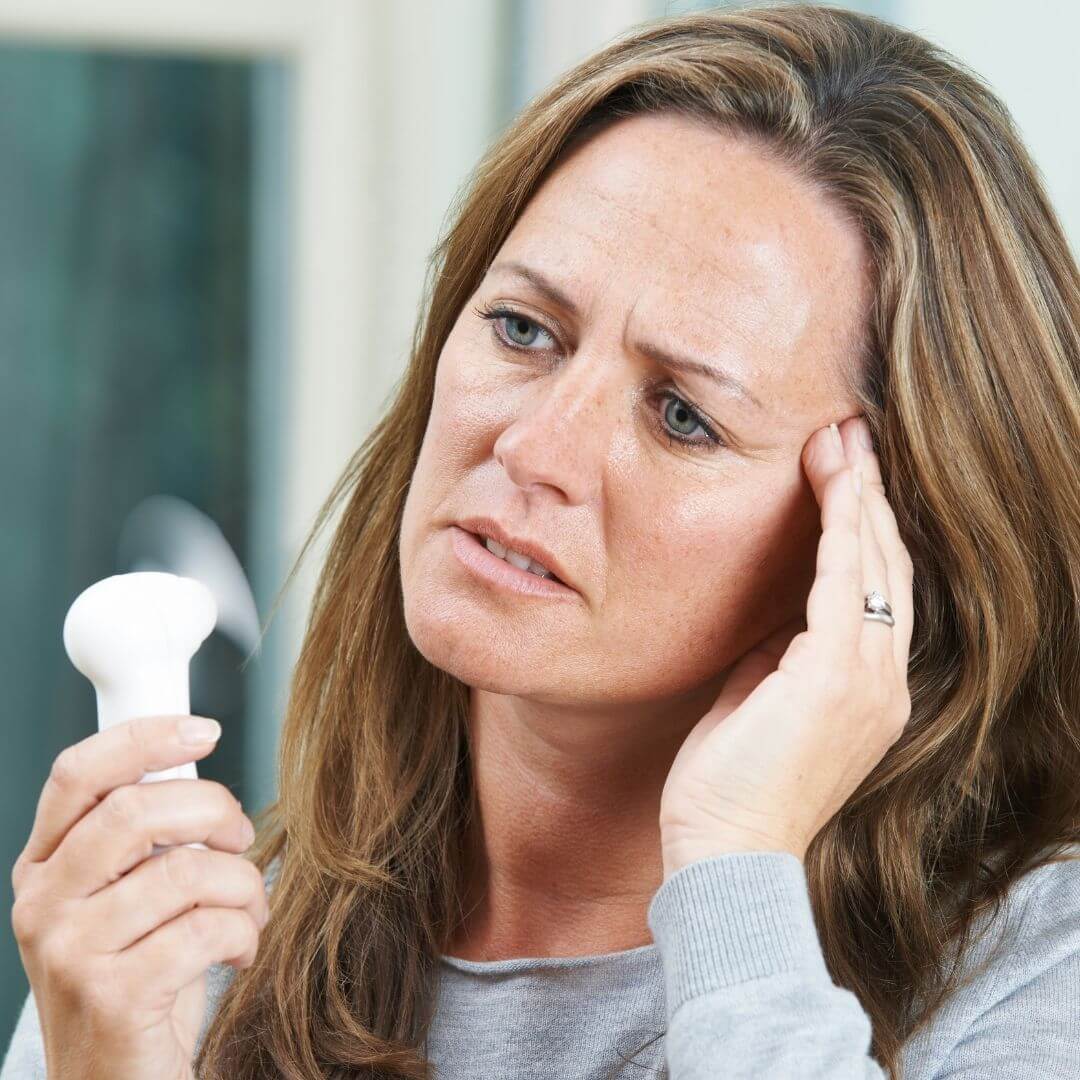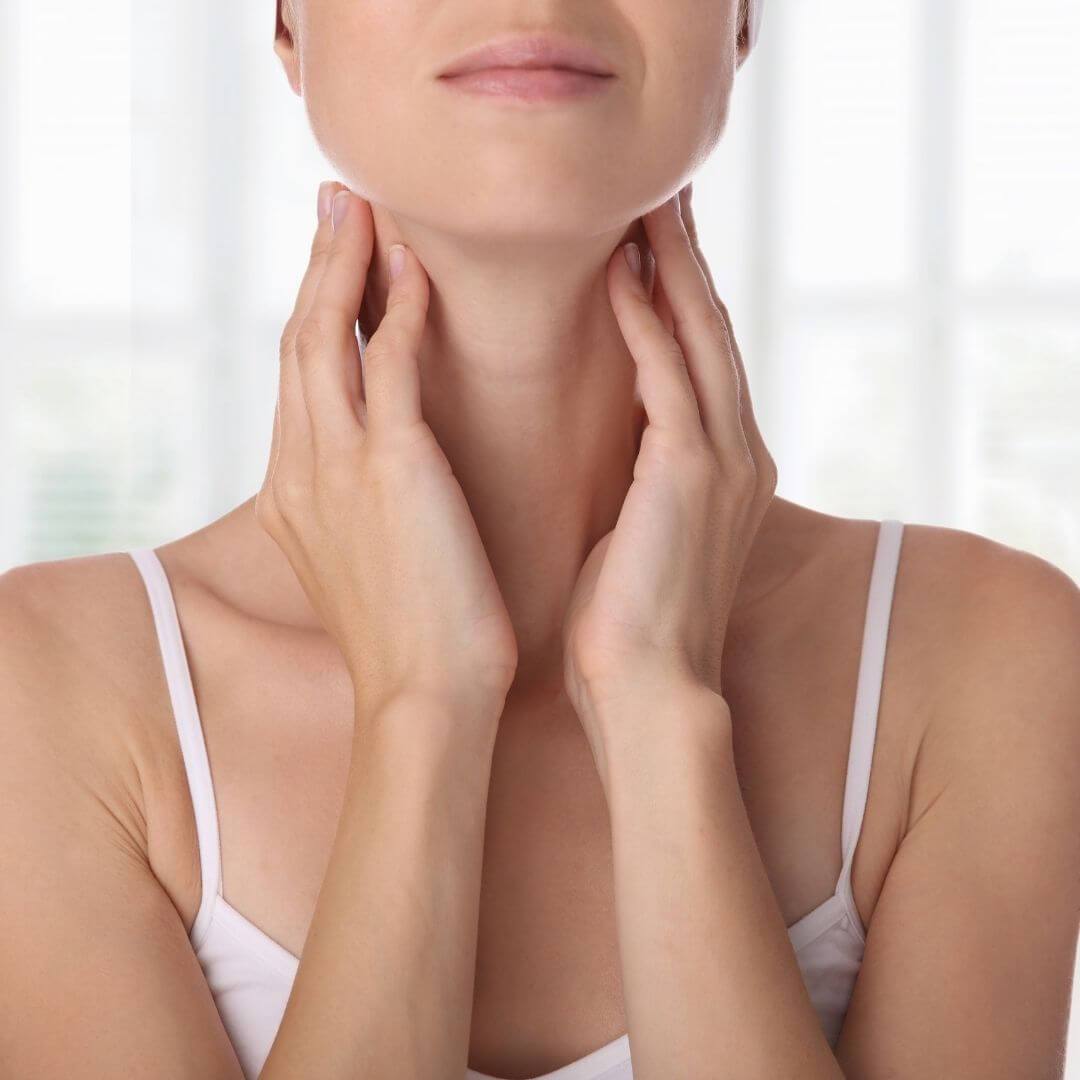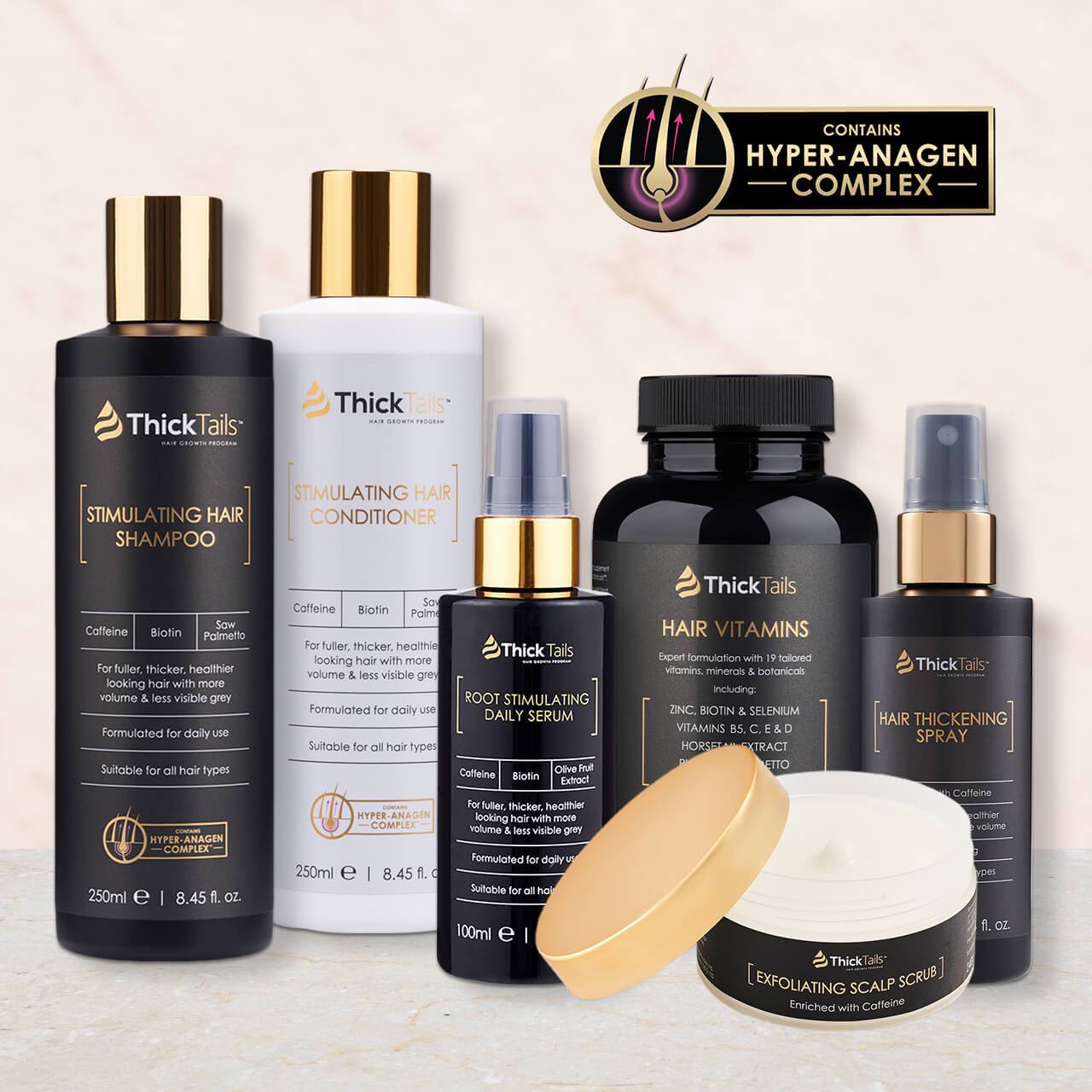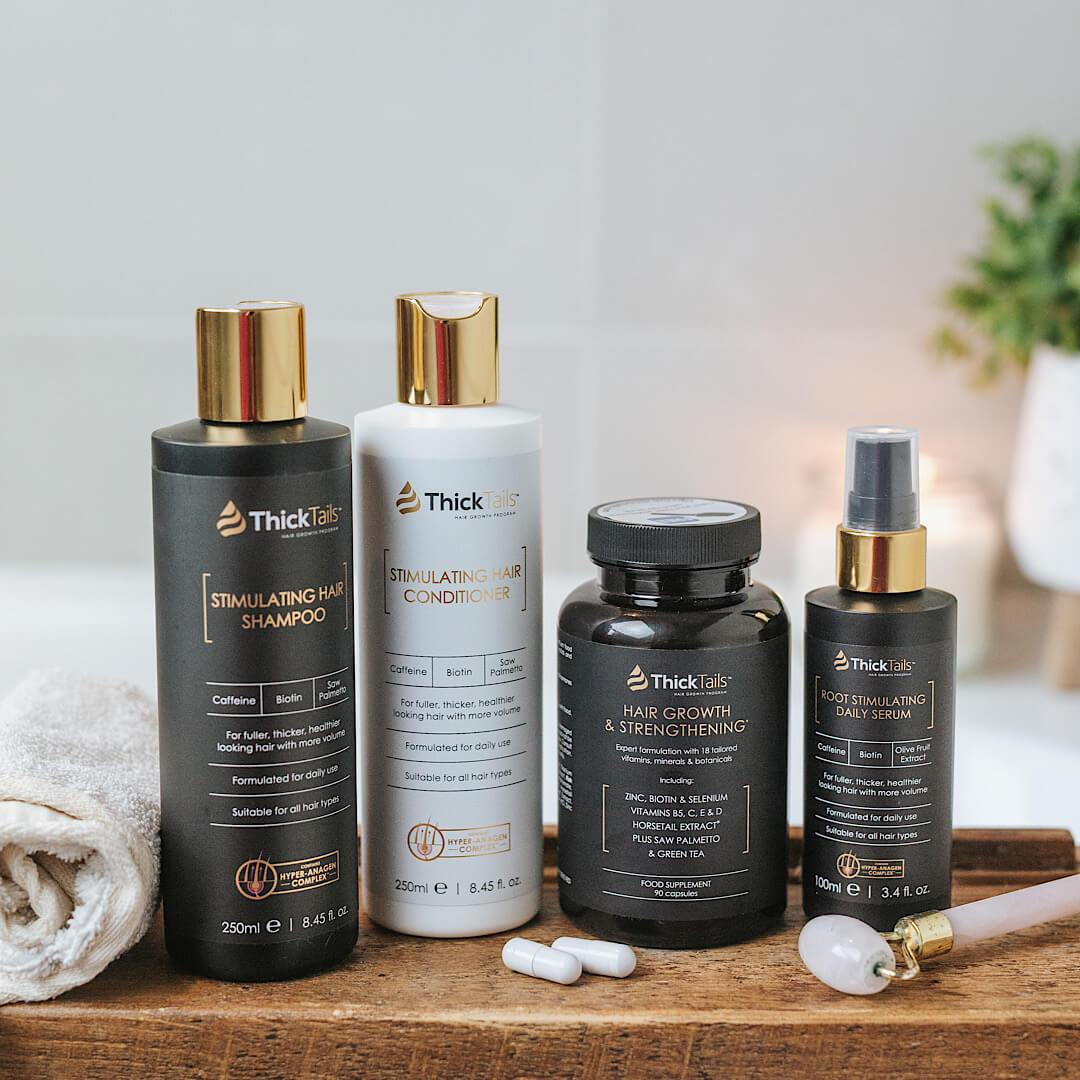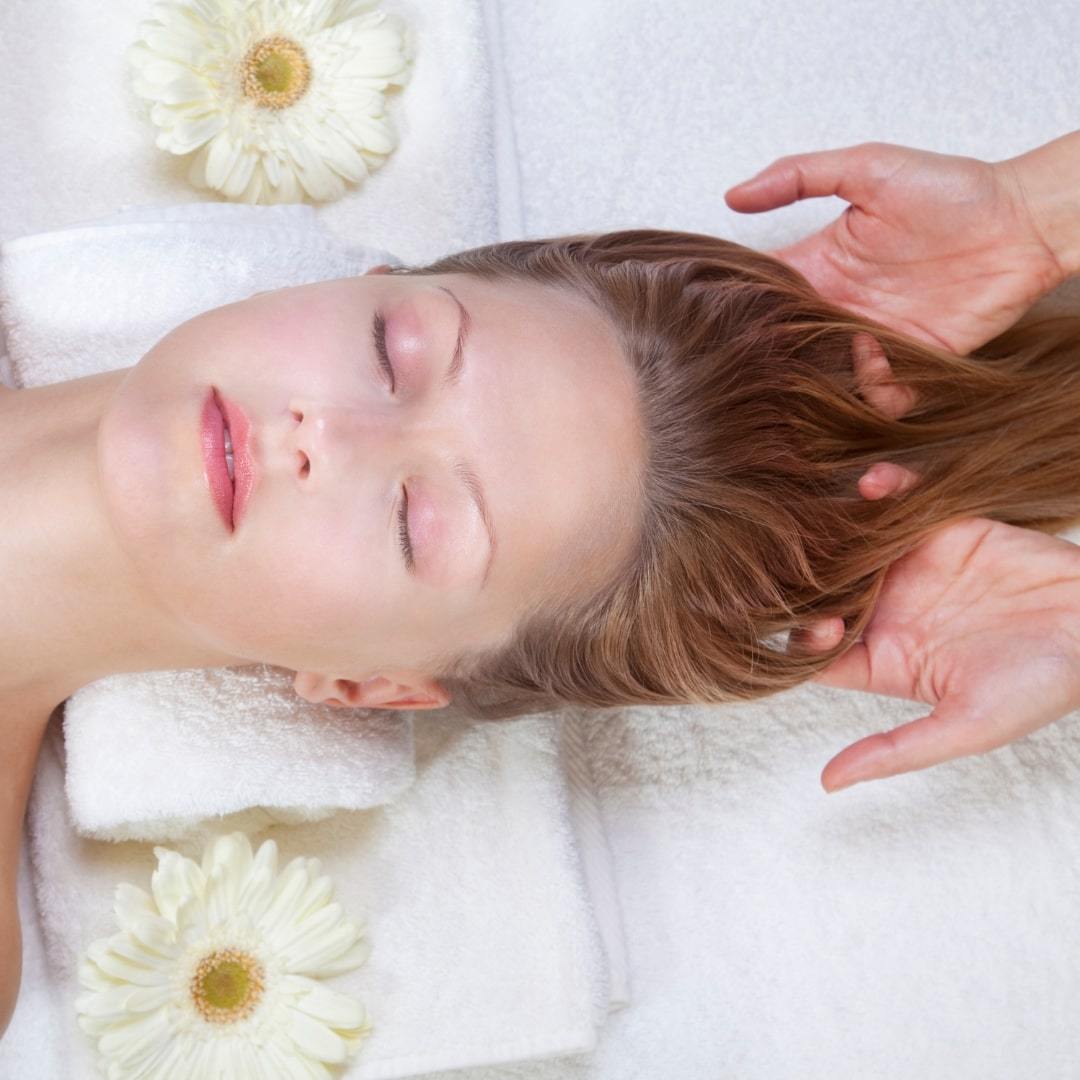Hair loss is a common issue that affects millions of men worldwide. It can have a significant impact on one's self-esteem, confidence, and overall well-being. While there are various factors that contribute to hair loss, one underlying cause that often goes unnoticed is the hormone DHT. Despite its small size and lack of widespread knowledge, DHT plays a crucial role in men's hair loss. In this blog post, we will delve deep into understanding what DHT is, how it affects our hair follicles, and what you can do to combat its effects. So if you are someone struggling with hair loss or simply looking to learn more about the science behind it, keep reading as we unravel the mystery of DHT and its role in men's hair loss.
I. Understanding DHT and Its Impact on Hair Loss

DHT, or dihydrotestosterone, is a hormone that plays an important role in the male body's development and function. Produced from testosterone, DHT is responsible for the growth of facial hair, body hair, and the deepening of the voice during puberty. However, excess DHT can lead to hair loss, acne, and prostate enlargement. Understanding the role that DHT plays in the body is crucial for men wanting to maintain their health and well-being. With proper knowledge and management, the impact of DHT can be controlled to optimize overall quality of life.
a. Defining DHT and Its Formation
Dihydrotestosterone, or DHT, is a hormone formed in the body as a result of testosterone being converted by the 5α-reductase enzyme. For men, this conversion mainly takes place in the prostate, testes, and hair follicles. While DHT plays an important role in the development of male characteristics, such as a deep voice and muscle growth, it has also been linked to hair loss. This is because DHT can bind to hair follicles and cause them to shrink, leading to a shorter lifespan for each hair and ultimately resulting in hair thinning and potential baldness. Understanding DHT and its formation is essential for those looking to combat male-pattern hair loss, as it can help inform treatment options and preventive measures.
b. DHT's Influence on Hair Follicles
Dihydrotestosterone, or DHT, is a hormone that plays a crucial role in the development of male characteristics. However, it also has a significant impact on hair follicles in both men and women. DHT is responsible for the miniaturization of hair follicles, leading to thinner and weaker hair strands. This hormonal process can eventually result in hair loss or baldness. While DHT is important for sexual development and reproductive health, its effects on hair follicles can be distressing for those experiencing hair loss. It's important to understand the role DHT plays in hair loss so that effective preventative and treatment measures can be taken to help preserve healthy hair growth.
c. Significance of DHT Awareness for Hair Loss Management
DHT (dihydrotestosterone) is a hormone that is commonly associated with hair loss and male pattern baldness. It is produced by the body as a result of the breakdown of testosterone. While DHT is important for body development during puberty, it can also contribute to hair loss as it causes hair follicles to shrink. Understanding the significance of DHT awareness is crucial for successful hair loss management. By monitoring DHT levels and using appropriate treatments, individuals can prevent further hair loss and possibly even regrow hair. There are various options available, such as medication, supplements, and hair transplant surgery. Ultimately, being knowledgeable about DHT and its effects on hair can help individuals better care for their hair and manage any hair loss concerns they may have.
II. Managing DHT Levels
For many men, hair loss can be a frustrating reality. While there are a variety of factors that can contribute to hair loss, one of the key culprits is DHT, or dihydrotestosterone. DHT is a hormone that is present in both men and women, but in men, elevated levels of DHT can contribute to hair loss and thinning. Fortunately, there are ways to manage DHT levels to help slow or even reverse the effects of hair loss. Options include taking supplements, using topical treatments, or making lifestyle changes to reduce stress or improve diet. While managing DHT levels won't guarantee a full head of hair, it can be an effective strategy for those looking to slow the progression of hair loss.
a. Natural Approaches to Lower DHT
As men age, it's not uncommon for them to experience hair loss caused by a hormone called DHT. While there are prescription medications available to counteract its effects, some may prefer a natural approach. One option is to switch to shampoos and conditioners specifically designed to reduce DHT levels on the scalp. Additionally, using a serum with plant-based ingredients that inhibit DHT production may also help. It's important to note that while these natural approaches may not yield immediate results, they could potentially slow down hair loss and promote overall hair health. As with any hair care regimen, consistency and patience are key.
b. Medical Solutions for DHT Control
Hair loss is a common problem among men, and one of the leading causes is an overabundance of dihydrotestosterone (DHT) in the scalp. While there is no cure for hair loss, there are medical solutions available to control DHT and improve overall hair health. Shampoo and conditioner specifically designed to combat DHT can help reduce its buildup on the scalp, while serums can penetrate the hair follicles to promote growth and strengthen strands. Consulting with a dermatologist is recommended to determine the best course of action for each individual case, but incorporating these medical solutions into a daily hair care routine can certainly help combat hair loss caused by excessive DHT.
c. Lifestyle and Hair Care Tips for DHT Management
Maintaining healthy hair can be a challenge for both men and women. Hair loss caused by hormone DHT (Dihydrotestosterone) is a common concern for many. The good news is, there are lifestyle changes and hair care tips that can help manage DHT levels and promote healthy hair growth. When it comes to shampoos and conditioners, it's important to choose products that contain ingredients such as biotin, caffeine, and saw palmetto, as they help to block DHT and promote hair growth. Additionally, using a serum with ingredients like minoxidil and azelaic acid have been shown to help increase hair density and reduce hair loss caused by DHT. Maintaining a healthy lifestyle with exercise and a balanced diet can also help manage DHT levels. With the right hair care and lifestyle changes, managing DHT doesn't have to be daunting.
III. Holistic Hair Health

Taking care of your hair is more than just using the right shampoo and conditioner. When it comes to holistic hair health, there are many factors to consider. For men in particular, hair loss can be a concern. One culprit behind this issue is DHT, a hormone that can shrink hair follicles and lead to thinning hair. However, there are natural remedies and lifestyle changes you can make to counteract the effects of DHT and promote hair growth. By taking a holistic approach to hair health, you can not only improve the appearance of your hair but maintain its health as well.
a. Nutrition's Role in DHT and Hair Health
Nutrition plays a crucial role in maintaining both our overall health and the health of our hair. Hair fall and thinning can be linked to several factors, including a hormone called DHT. DHT, or dihydrotestosterone, is created when testosterone interacts with an enzyme in the body. This hormone can cause hair follicles to shrink, leading to hair fall. However, there are several nutrients that act as DHT blockers, preventing it from causing further damage. These include vitamins such as Vitamin D, biotin, and zinc, as well as minerals such as magnesium and iron. Ensuring that our bodies receive adequate amounts of these nutrients through a balanced diet can have a positive impact on hair health and minimize hair fall.
b. Stress Management and Its Effect on DHT and Hair Loss
Stress is an unavoidable part of life, and can have a significant impact on our physical health. When we experience stress, our bodies release a hormone called DHT (dihydrotestosterone), which can lead to hair loss in some people. This happens because DHT can shrink hair follicles, making them less able to grow hair. However, there are ways to manage stress and control the release of DHT. Regular exercise, meditation, and therapy can all be helpful in reducing stress levels, and therefore the amount of DHT in the body. By practicing stress management techniques, we can potentially reduce the risk of hair loss and maintain a healthier body overall.
c. Empowering Men with DHT Knowledge
Dihydrotestosterone, commonly known as DHT, is a hormone that has a significant impact on male hair growth. Unfortunately, many men experience hair loss caused by DHT without realizing it. That's where education comes in. Empowering men with knowledge about DHT can help them make more informed decisions about their hair health. From hair supplements to special shampoos and conditioners, there are a variety of options available to men who want to promote healthy hair growth. In particular, DHT-blocking serums have gained popularity as a targeted way to combat hair loss caused by this hormone. By understanding the role of DHT in their hair health and exploring different solutions, men can take a proactive approach to caring for their hair.
In conclusion, understanding DHT and its impact on hair health is crucial for anyone who wants to maintain a healthy head of hair. From its formation to the negative influence it can have on hair follicles, it is essential to be aware of this hormone and its implications. And while genetics may play a significant role in the amount of DHT produced in our bodies, there are natural approaches such as diet and exercise that can help lower DHT levels. Additionally, medical solutions are available for those struggling with excessive amounts of DHT. It's also important to note that lifestyle factors and hair care habits can also affect DHT levels; incorporating stress management techniques and maintaining a nutritious diet can greatly improve overall hair health. By empowering men with knowledge about DHT, we can help promote holistic approaches to managing and maintaining healthy hair. So let's spread the word about DHT and its impact on our locks, and aim for healthier, fuller hair! Remember, it's never too late to take control of your hair health - now is the time to start implementing these tips into your routine. Trust me, your future self will thank you for taking care of your precious mane.

